A New/Old approach to Seminary Education
The longer I am in this position as Executive Director, the more I realize the importance of what our ARTS schools are accomplishing. The following is written by Esaú Bonilla. Esaú, is a Pastor in Costa Rica and student in a Kairos University DMin program in conjunction with ProMETA, a distance learning seminary which serves the Latin American world. The following is part of his Doctorate of Ministry Project. He points out correctly that it is the church which is responsible for theological education. This parallels closely to our ARTS member schools. Grown from the church, they exist to provide contextual education at an affordable price.
His research question is: “How [can organizations such as ProMETA] educate theologically so that the faith on which theology reflects remains associated with life and does not ignore the challenges that the church in Costa Rica faces today?” The introduction to his research (written originally in Spanish) is below:
By: Easú Bonilla.
The church as a community of the Kingdom, is the depository [of] and responsible for “guarding the deposit of faith” (2Ti 2.14), consequently, its mission is to enable, train and empower each Christian with the aim that their lives are transformed according to the image of Christ and are equipped to serve in the extension of the Kingdom of God (Eph 4. 11-12). Therefore the existence of theological training centers such as seminaries and universities to train suitable leaders can only be justified as “a commission of the church and for the church” (Siemens (2017) and in terms of Mohler (2018) “Seminaries do not call pastors. God does. Seminaries don’t train pastors. Churches do. Maintaining this is important. The seminary serves the church; the church does not serve the seminary.”
For more than 15 centuries the church formed and trained its leaders without the existence of seminaries and in the words of Gonzales (2015, cp. 16) “the church existed without seminaries… and in spite of everything, it always had an educated ministry… especially in the fields of literature, its interpretation and rhetoric” as in the case of Ambrose, Augustine, Basil of Caesarea and Gregory of Nazianzus among others. None of them studied theology formally in an academy, but they became great theologians.
However, beginning in the sixteenth century and in response to the Protestant Reformation, processes of integration and development of theological education were promoted and each institution, denomination and ministry developed a particular approach to the issue of theological education and its purposes, so it is necessary to determine the role of universities and seminaries in compliance with what Paul determines as “equipping” in his letter to Ephesus (Eph 4.12) and its relationship with effective learning.
This without forgetting the influence of secular education models and the impact on the methodology that seminaries, universities, denominations and faith communities have maintained as a learning paradigm, without determining whether people have the necessary competencies to learn or whether after formally completing a theological education program, the competencies acquired are those needed to enhance the mission of the church in the contextual reality in which it operates.
It is necessary to take into account that the contents taught in any theological formation program should have as a fundamental objective the transformation of the student’s life. If there is no change in the life of the human being involved in theological study, we would not be talking about learning but about an intellectual exercise, which for the purposes of the kingdom of God, does not comply with the biblical nature of theological formation.
This research does not seek to replace the teaching of the church in the processes of formation and discipleship, nor does it deny the role that academic institutions play in theological formation, however, and due to global development and change, new technologies, new pedagogical approaches, cultural plurality and the challenges presented by the new generations, it is of utmost importance for teachers, professors, leaders and pastors to form critical and biblical thinking in the people of God, through a transformative learning that aims to teach how to live the faith, develop competencies to form suitable leaders. Therefore it is of utmost importance for teachers, professors, leaders and pastors to form critical and biblical thinking in the people of God, through a transformative learning that aims to teach how to live the faith, to develop competencies to form suitable leaders that enhance the construction and development of the Kingdom of God, regardless of whether it takes place in a seminary classroom or in a church pew.
Selected References:
Gonzales, Garcia. J (2013) Brief history of ministerial preparation. Clie. Barcelona, Spain.
Mohler, A (April 17, 2018) Seminaries don’t make pastors. Churches do, retrieved from: https://www.thegospelcoalition.org/article/seminaries-dont-make-pastors-churches/.
Mohler, A (2018) 15 Things Seminary, Couldn`t Teach Me. Crossway Ed. Wheaton, Ilinois, USA
Sills, M. D.( 2016) Reaching and enabling (A call to fulfill the great commission). Ed. B&H Publisching Group, Nashville, Tennessee, USA.
Smith, G.T. (2014). Called to be Saints: IVP Academic: Downers Grove.
Siemens, H. (30/12/2017) Academic Yearbook Evangelical University of Paraguay. Theological education and its challenges for the 21st century (CEMTA- Centro evangélico Mennonita de Teología Asunción). Retrieved from https://ojs.uep.edu.py/index.php/anuarioacademico/article/view/15/8
White Paper/Pro-Meta (2020) The challenge of theological education to transform the church in Latin America, pg 26-29.
